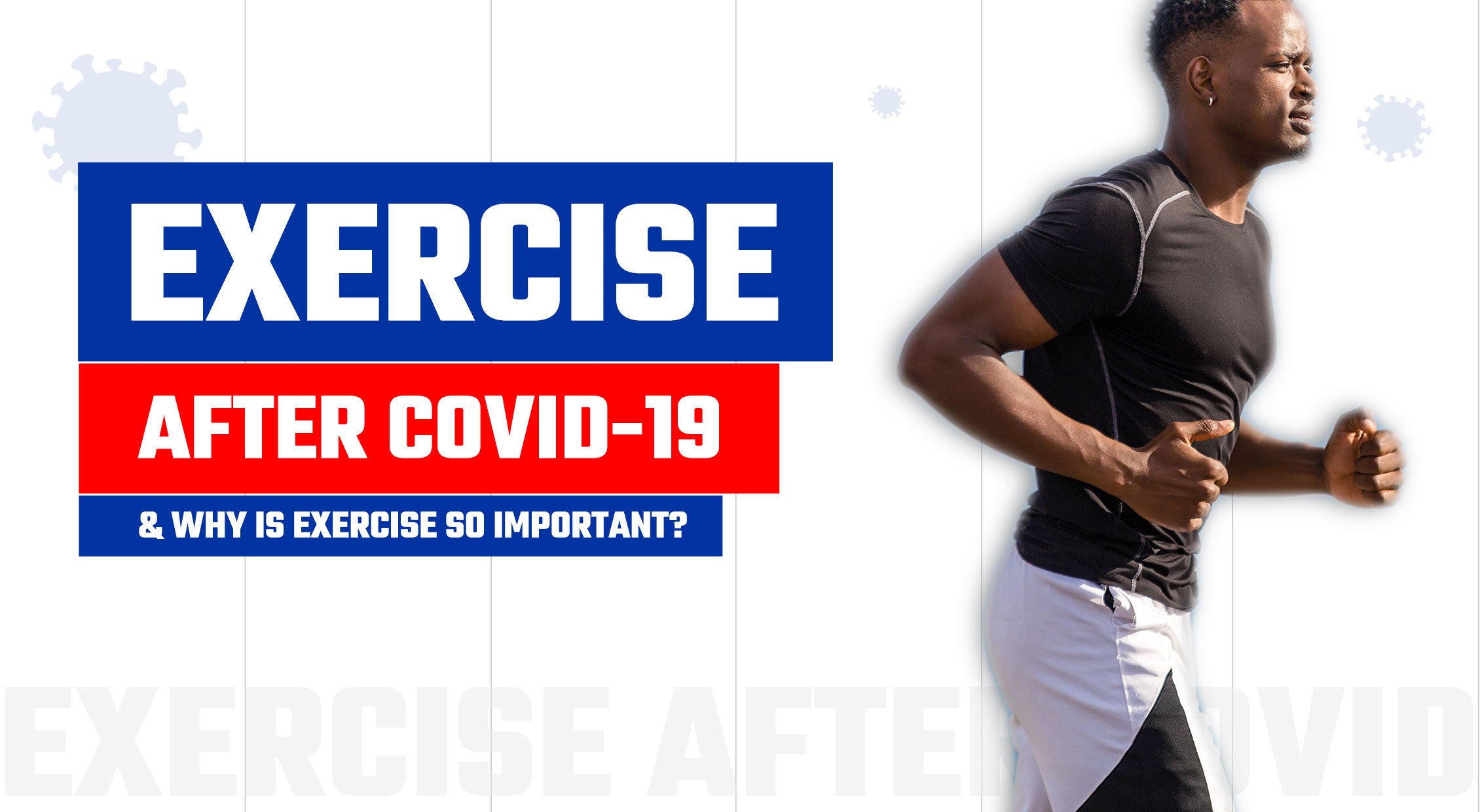Whether we like exercise or not, we all know that it is good for us and we probably should be doing more of it.
Why is exercise so important?
Exercise is critical for your body to function optimally. It improves your cardiovascular function and thereby directly reduces your risk for heart disease. It helps control your blood sugar levels and body’s sensitivity to insulin which plays a role in reducing risk for insulin resistance and Diabetes. It helps to manage chronic conditions like high cholesterol, high blood pressure and obesity. It was even shown to reduce risk of cancer.
Other benefits are protecting the brain as you age, strengthening your muscles and bones to protect your daily function. It helps you sleep better, enhances your mood and improves your energy levels.
What can I do if I have Covid?
It is important that you do not train while you are symptomatic. This can progress mild disease to more severe symptoms or involve the heart.
If your symptoms are mild or you are asymptomatic, a relaxed walk and some fresh air will be good for you as long as you do not feel winded or faint. Please also adhere to the rules of social distancing.
How do I start again after having Covid?
How easily you get back into training after Covid depends on the severity and duration of your symptoms. The longer and more severe your illness the longer the recovery will take.
According to the Wits Institute for Sport and Health, Athletes who are asymptomatic can start training 10 days after a positive test if no symptoms appear.
Athletes with mild symptoms can start training 21 days after onset of symptoms or 7 days after symptoms disappear.
It is recommended that you start at an intensity of 40 - 50 percent of your pre-Covid workload and then follow a graded and gradual increase back to pre-Covid level of exercise.
It is important to monitor your body’s reaction to exercise through measurements like blood pressure, heart rate, oxygen saturation or RPE (Rate of Perceived Exertion) to ensure that you are not overdoing it.
If you experience any symptoms like chest pain, fever, palpitations or severe shortness of breath it is better to clear with your doctor if you are allowed to exercise.
If you had severe cardio-respiratory symptoms (were hospitalised) or have known cardiorespiratory disease it is also recommended to see your doctor before you resume exercise.
Contact Van Zyl Wait Biokineticists to help with all your exercise needs.
Van Zyl Wait: 083 628 8824 | Annamarie van Zyl: 084 247 2534 | Shani Roets: 071 672 3061
Article provided by Van Zyl Wait Biokineticists

